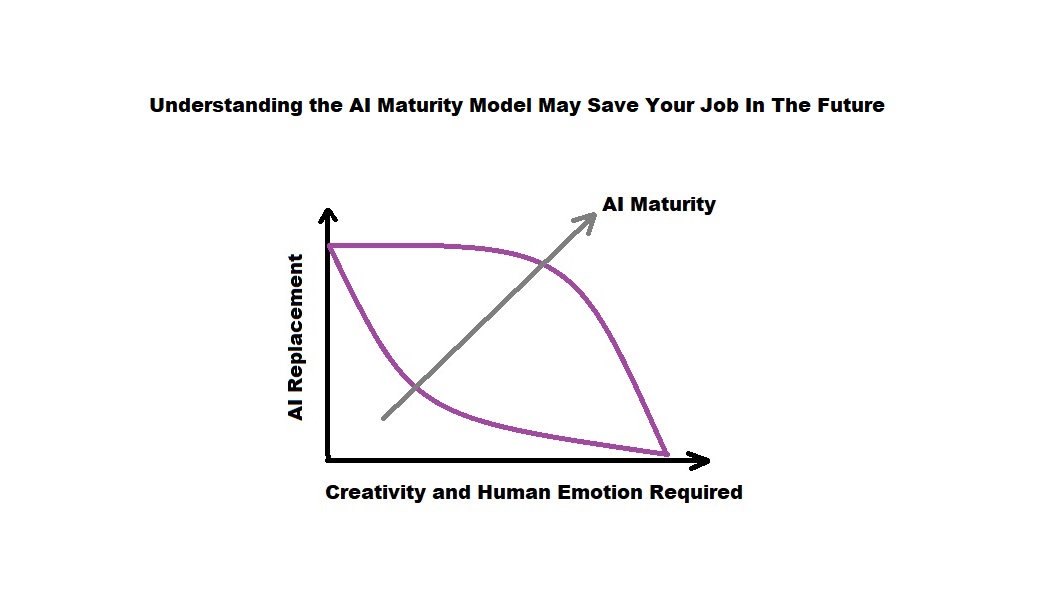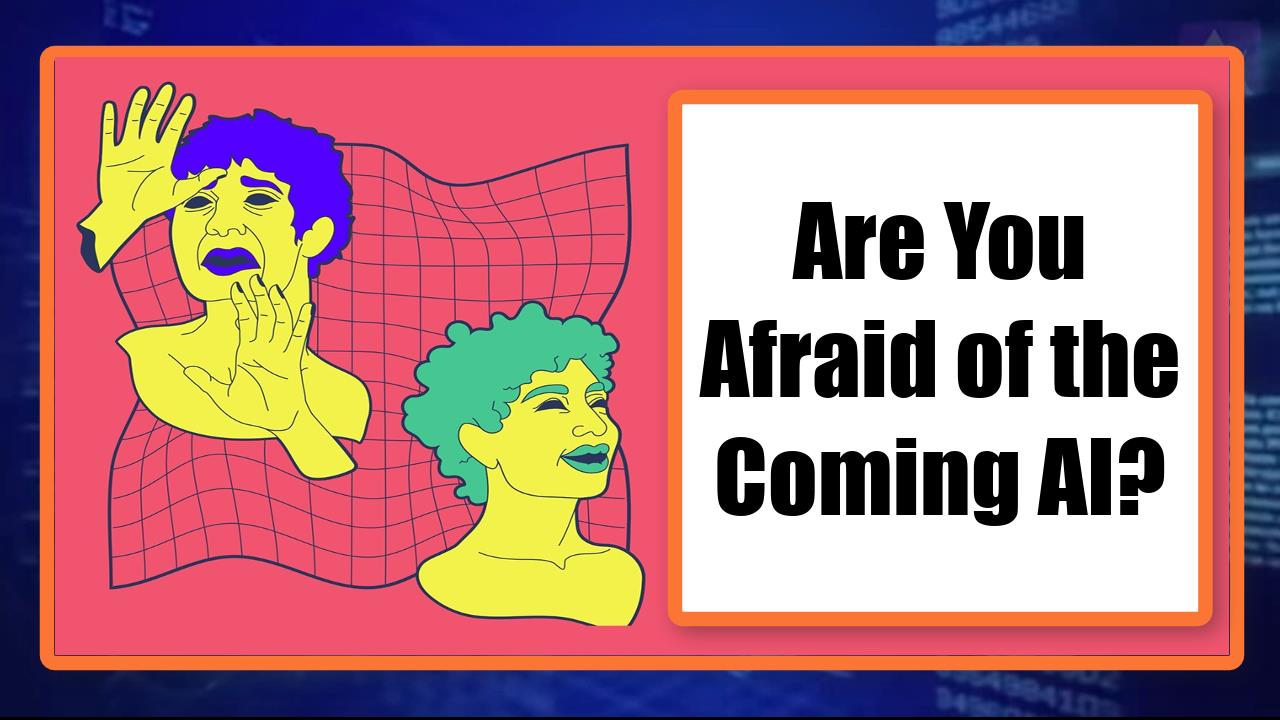Video:
Take our online poll:
AI Analysis:
Top 5 reasons that people fear the coming innovation of AI:
1) Job Displacement: One of the primary concerns about the rise of artificial intelligence (AI) is the potential for job displacement. As AI and automation technologies advance, there is a fear that they might replace human workers in various industries, leading to unemployment and economic disruption. Workers worry that their skills might become obsolete, especially in sectors where routine and repetitive tasks can be easily automated.
2) Privacy and Surveillance: The increasing use of AI in surveillance and data analysis raises concerns about privacy and civil liberties. AI-powered systems can collect, analyze, and interpret vast amounts of personal data, leading to worries about invasive monitoring, facial recognition, and the potential misuse of sensitive information by both governments and corporations.
3) Ethical Concerns: The ethical implications of AI are another major source of fear. As AI systems become more sophisticated, they might make decisions that impact human lives, such as in healthcare, criminal justice, and autonomous vehicles. Concerns arise about biases in AI algorithms, lack of transparency in decision-making, and the potential for machines to make morally complex choices without human oversight.
4) Loss of Control: The idea of machines making autonomous decisions can be unsettling. People fear that AI systems could become so advanced that they surpass human intelligence and comprehension, leading to a loss of control over their actions. This scenario, often referred to as the "singularity," raises existential questions about the future relationship between humans and AI.
5) Economic Inequality: While AI has the potential to drive economic growth and innovation, there are concerns that the benefits might not be distributed equally. Some fear that AI advancements could further exacerbate income inequality, with wealth accumulating in the hands of those who control or invest in AI technologies, while leaving others behind.
These fears reflect a combination of technological, ethical, economic, and social concerns surrounding the rapid advancement of AI. As AI continues to develop, addressing these fears through ethical guidelines, regulations, education, and responsible implementation will be crucial to ensure that the benefits of AI are harnessed while mitigating potential negative consequences.
Chart:

References:


Comments